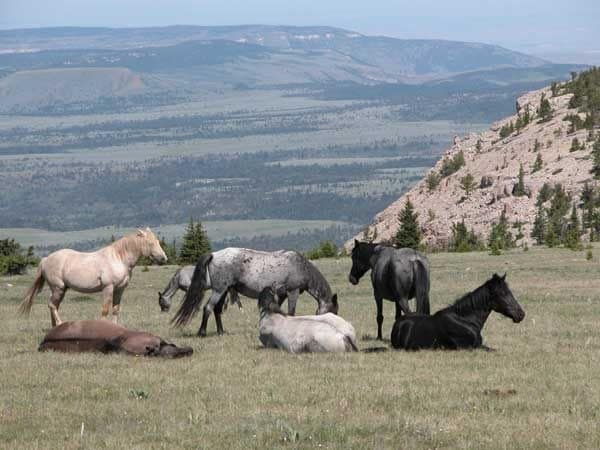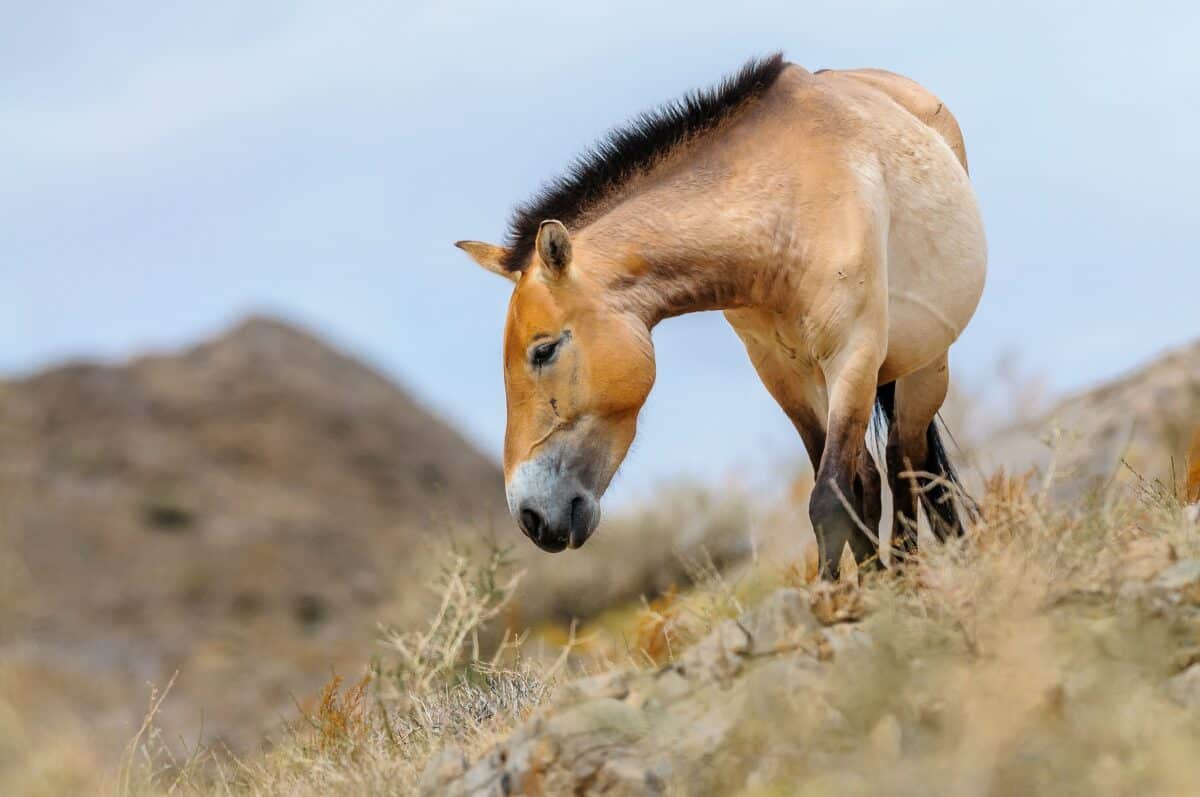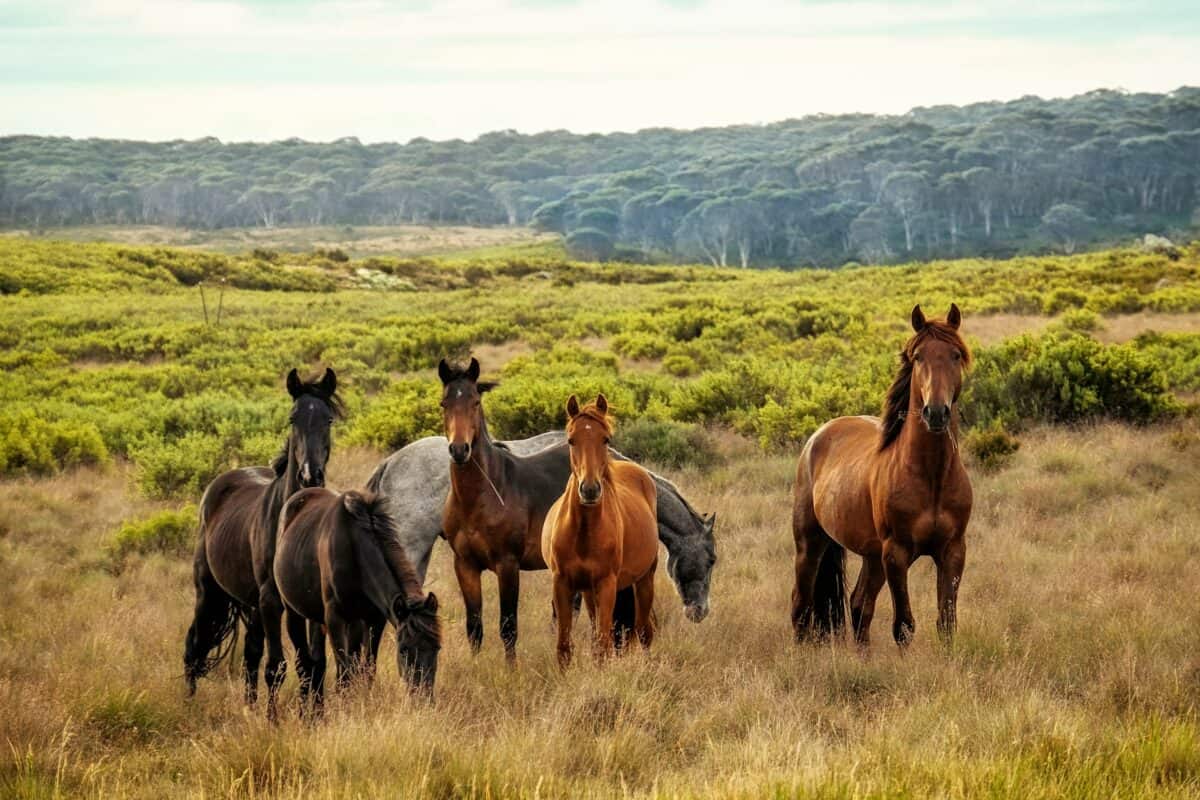Picture a drone’s lens capturing the elegance of wild horses as they navigate their pristine habitats. In Hungary, scientists are deploying drones to study these animals in ways never before possible. This aerial perspective allows for non-intrusive observation, ensuring the horses’ natural behaviors are preserved. The innovation not only benefits research but also enhances conservation efforts.
Discovering Wild Horses

Hungarian scientists are using drones to study wild horses in their natural habitats. This approach allows researchers to observe these majestic animals without disturbing them. The technology provides a unique perspective on their behavior and environment.
Benefits of Drone Technology

Drones offer several advantages for wildlife research. They provide high-resolution images and videos, which are crucial for detailed studies. Additionally, drones can access hard-to-reach areas, making them ideal for observing elusive animals.
Observing Natural Behavior

The use of drones helps scientists capture natural behaviors of wild horses. Without human presence, the animals act more naturally. This leads to more accurate data collection.
Protecting Wildlife

Drones minimize the need for intrusive research methods. This reduces stress on the animals and helps protect their habitats. It’s a win-win for wildlife conservation efforts.
Capturing Unique Footage

The footage captured by drones is often breathtaking. It showcases the beauty and grace of wild horses in a way that ground-based observations cannot. These visuals can also be used to raise awareness about conservation issues.
Enhancing Research Accuracy

High-resolution images from drones improve the accuracy of research data. Scientists can analyze physical characteristics and behaviors in great detail. This leads to more reliable conclusions.
Ethical Research Methods

Using drones aligns with ethical research practices. It ensures minimal disruption to the animals’ lives. This approach respects the natural world while providing valuable scientific insights.
Overcoming Challenges

While drones are beneficial, they also present challenges. Battery life and weather conditions can affect their use. Researchers must plan carefully to maximize the technology’s effectiveness.
Future Prospects

The success of drones in wildlife research paves the way for future innovations. Scientists are exploring other applications for this technology. The potential for new discoveries is immense.
Global Impact

The Hungarian scientists’ work with drones sets an example for researchers worldwide. It highlights the importance of combining technology with conservation efforts. This approach can be replicated in other regions to study various wildlife species.
